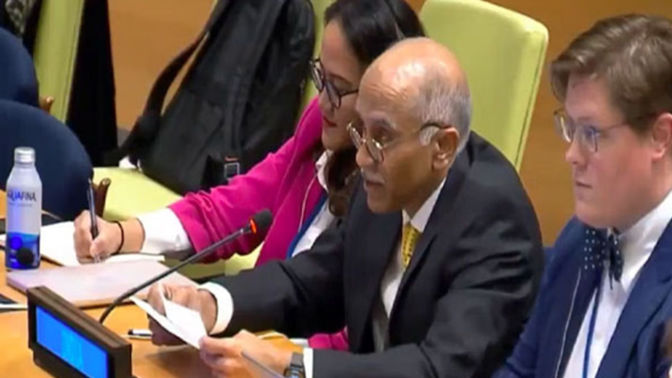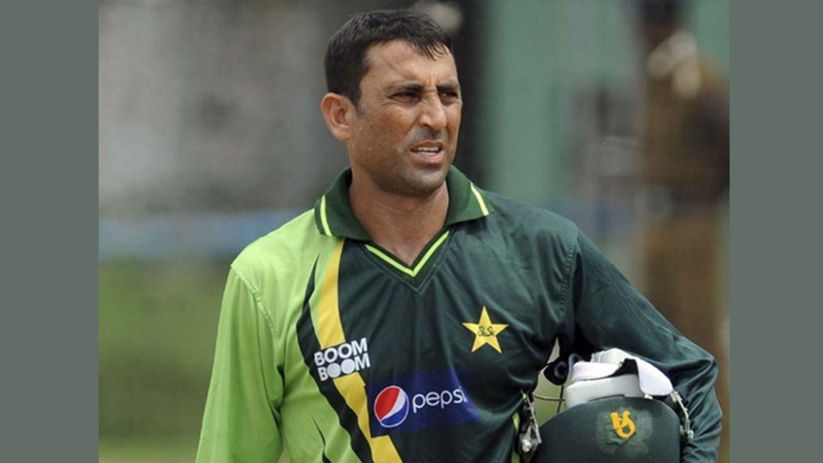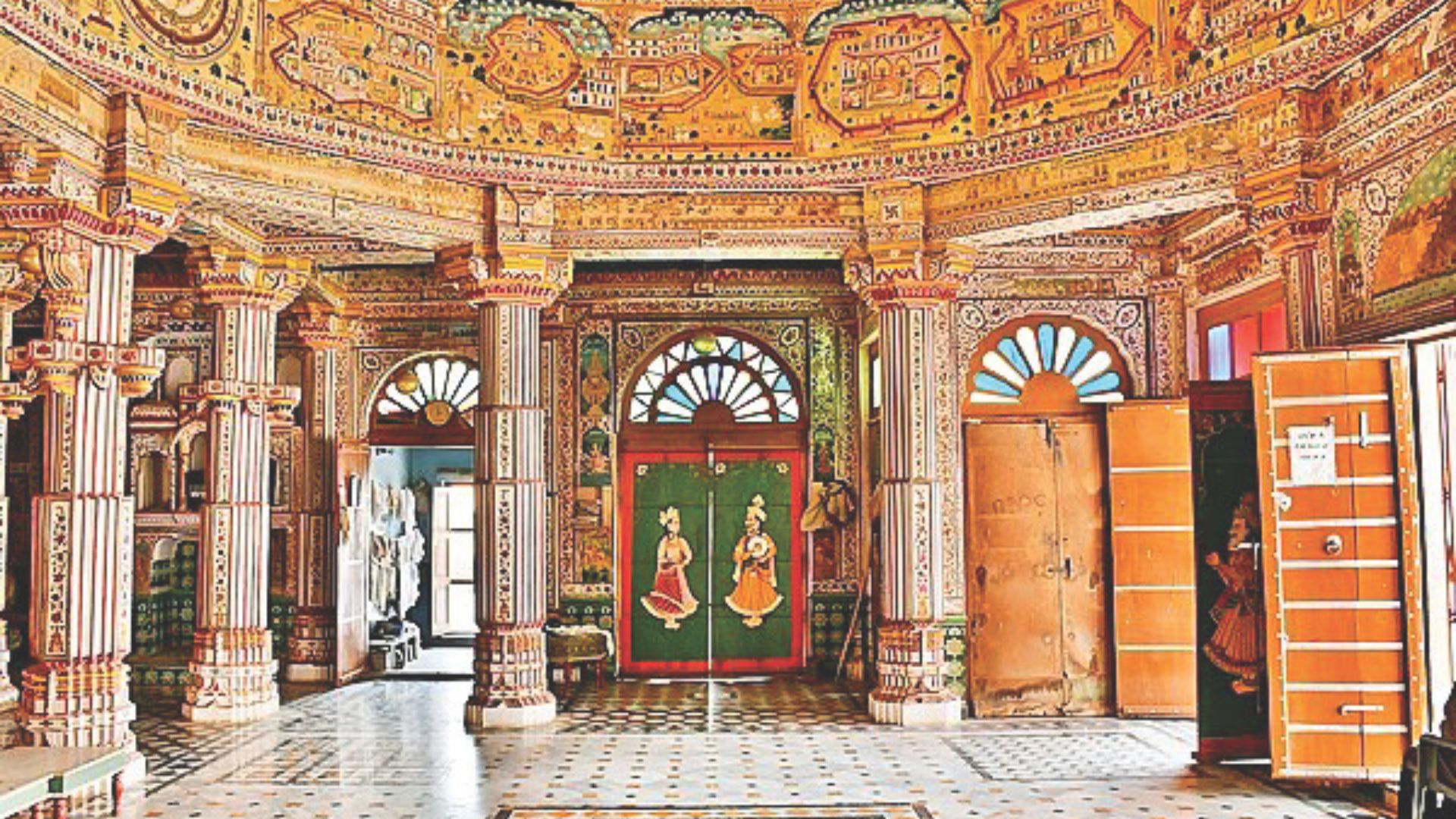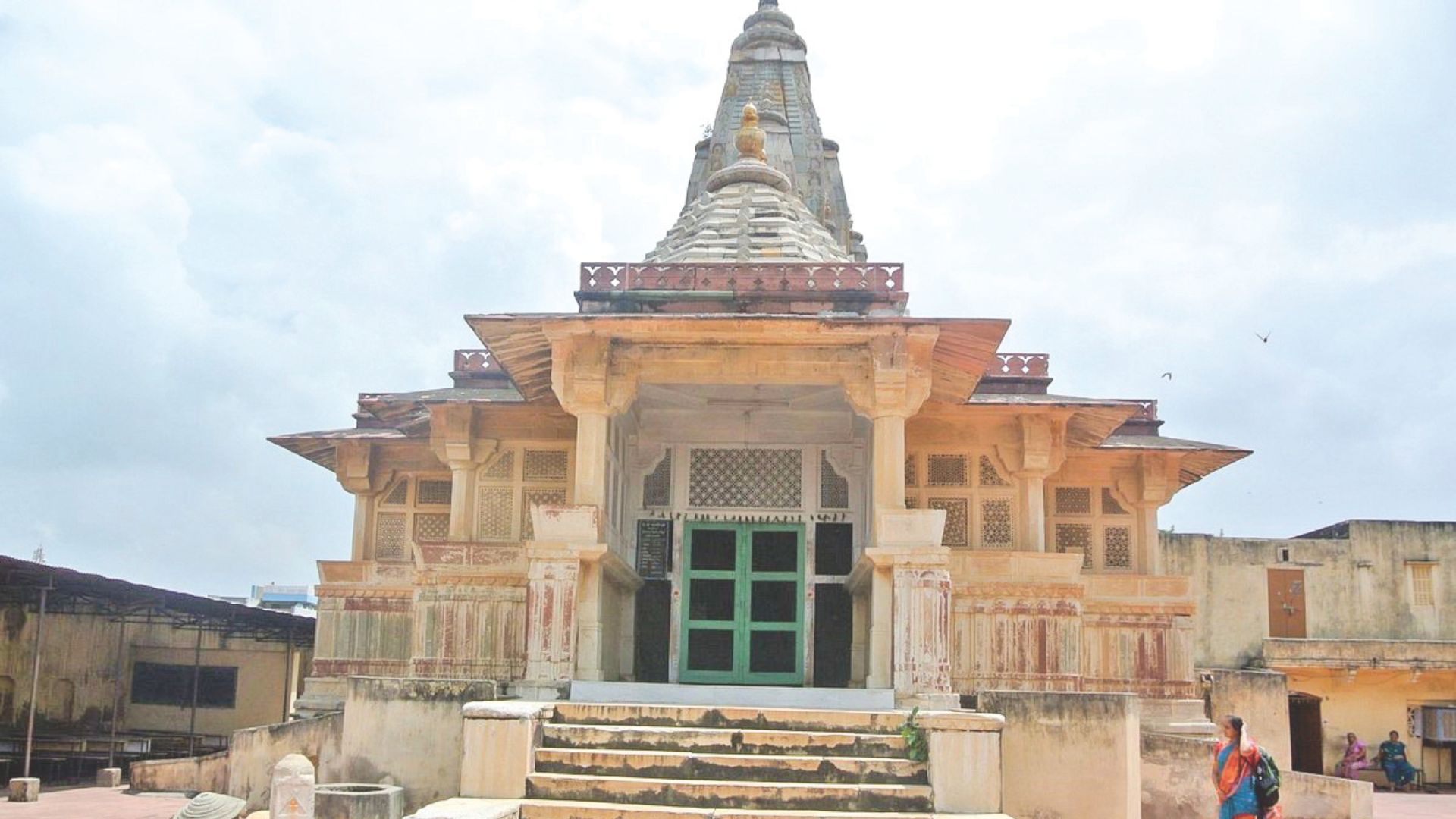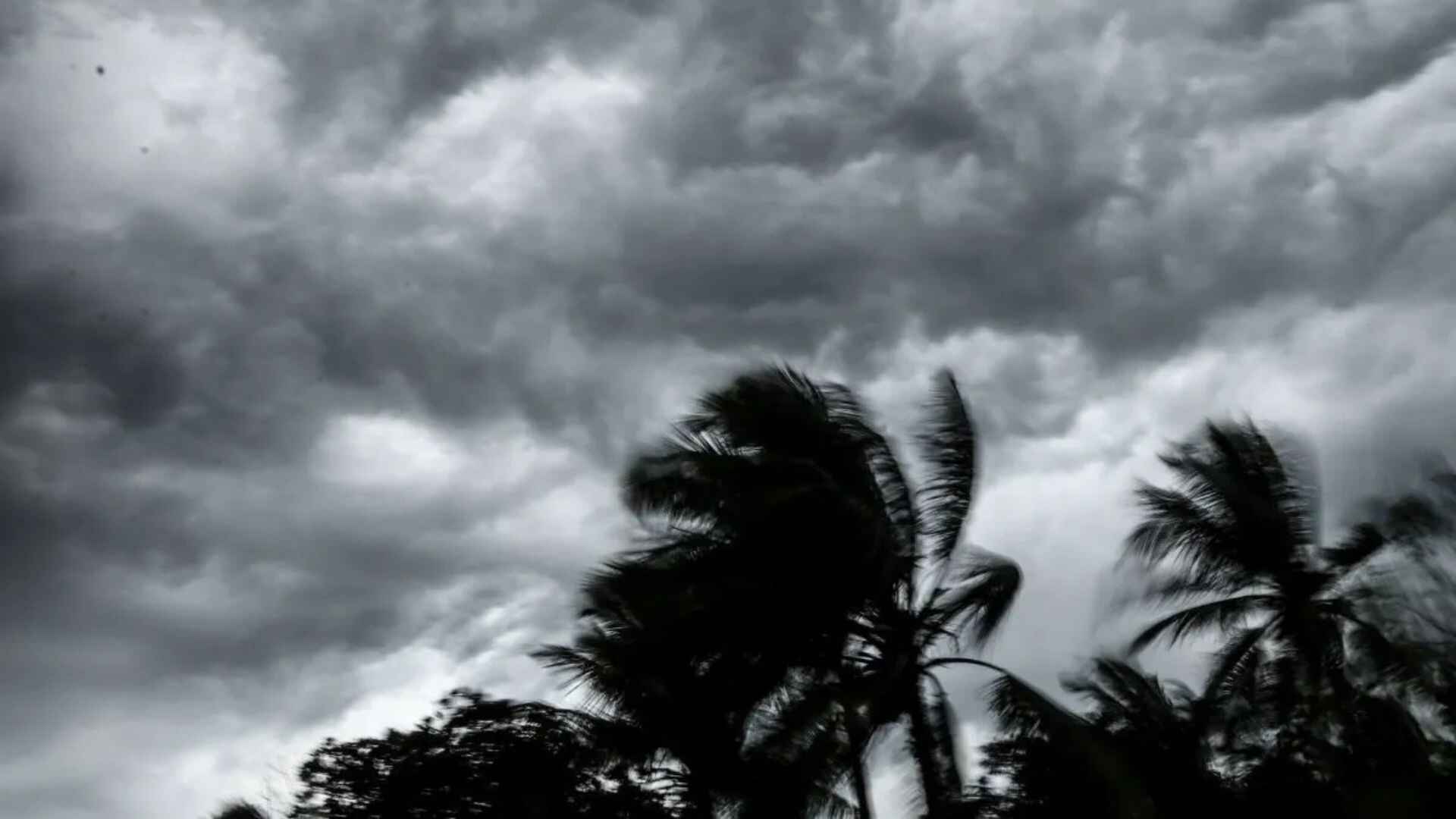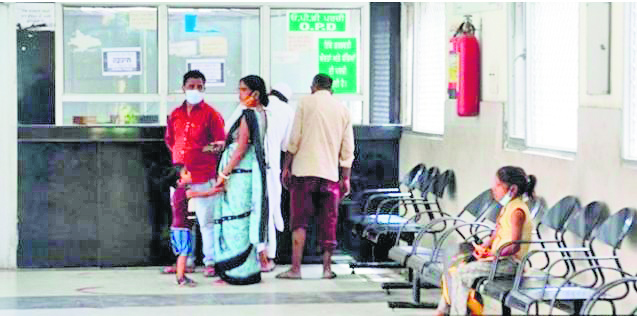
The healthcare scenario in Haryana is currently under strain as government hospitals navigate a tumultuous period marked by intermittent disruptions in their services. After a brief hiatus for two days, the Outpatient Department (OPD) in government hospitals of Haryana is set to resume today. However, this resumption is poised to be short-lived, as doctors are scheduled to go on strike starting Wednesday, bringing OPD services to a complete halt.
The situation is likely to create a surge in patient influx, given the pent-up demand during the two-day closure. Unfortunately, this spike in demand will be met with disappointment the following day as doctors proceed with a strike, leaving patients in a precarious position. The strike, initiated by the Haryana Civil Medical Services Association, is a response to unmet demands that have been a point of contention between the doctors and the government.
Prior to the strike announcement, doctors had already expressed their discontent through symbolic gestures such as temporarily closing the OPD for two hours and donning black badges as a sign of protest. The demands put forth by the association revolve around key issues affecting the medical fraternity in the state. The demands include the formation of a specialist cadre for doctors, the implementation of the Dynamic Assured Career Progression (ACP) scheme, an immediate ban on the direct recruitment of Senior Medical Officers (SMOs), and an increase in the bond amount for Postgraduate (PG) courses from Rs 1 crore to Rs 50 lakh.
In response to the mounting tension, the government attempted to engage in talks with the association, bringing in top officials from the health department, including Additional Chief Secretary G Anupama. However, despite discussions, the government fell short of providing concrete assurances on the major demands raised by the doctors. The only notable concession seemed to be related to the bond amount for PG courses.
The timing of these disruptions adds an extra layer of complexity to the healthcare landscape. With the onset of a change in weather and an increase in viral cases, the demand for medical services, particularly in government hospitals, is heightened. Furthermore, the looming threat of new variants of the coronavirus exacerbates the need for accessible and efficient healthcare services.
As patients grapple with limited options due to the shortage of physicians in government hospitals, many are forced to seek treatment in private facilities. The coming week is poised to be challenging for patients in Haryana as they navigate the uncertainties surrounding the availability of medical services in government hospitals. The impasse between the doctors and the government raises concerns about the impact on public health and the need for a swift resolution to address the grievances of the medical community.
